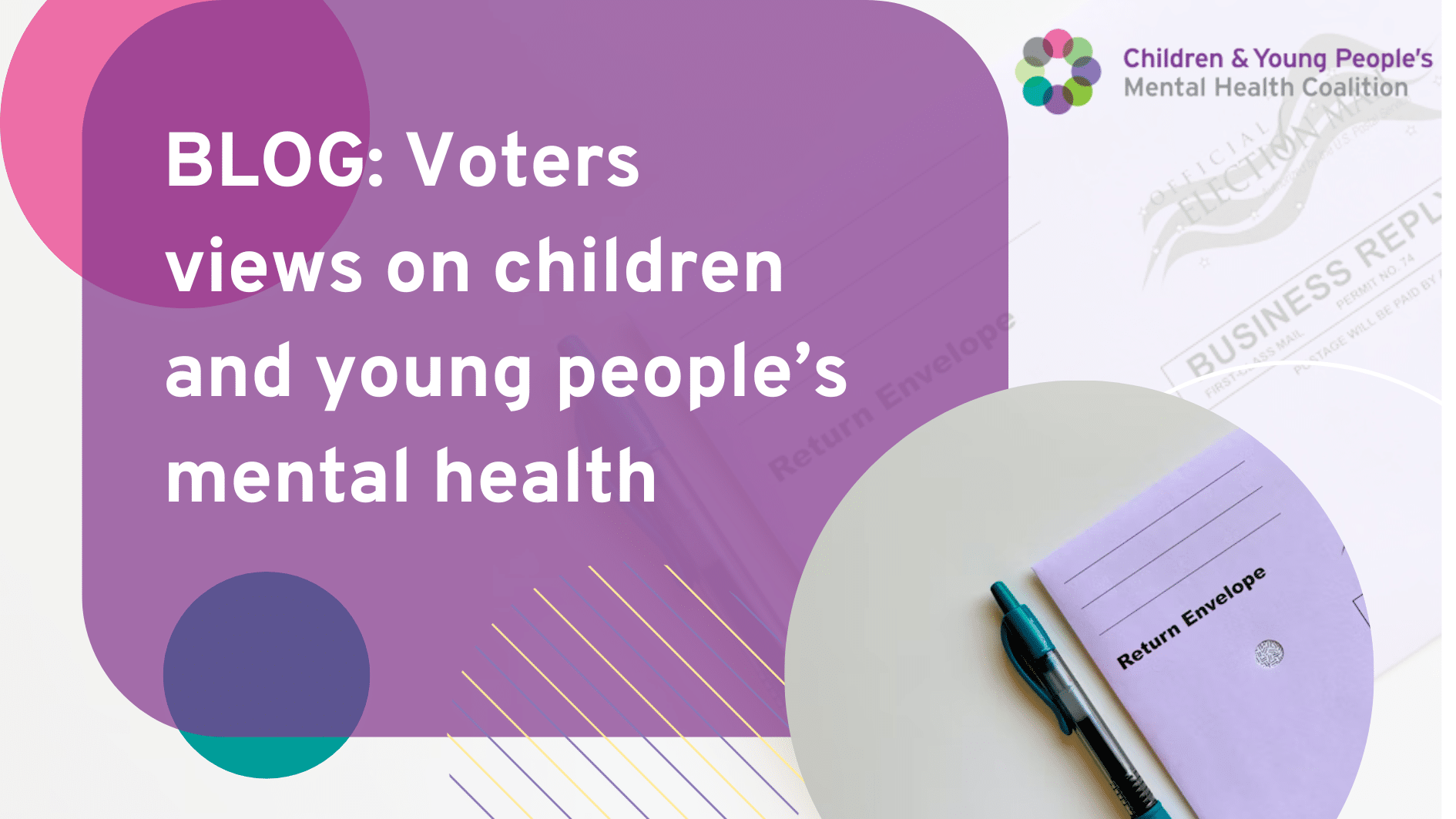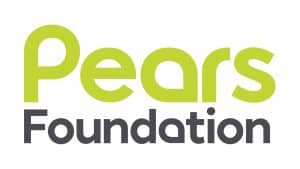Ahead of the upcoming election, the Children and Young People’s Mental Health Coalition commissioned polling of 2,000 adults to find out their views on children and young people’s mental health. And what we found reveals that many voters think political leaders have failed to deliver on children and young people’s mental health.
What did we find?
The polling by More in Common found that nearly 60% of voters surveyed believe that political leaders have failed to act on children and young people’s mental health over the last decade, with only 23% feeling confident that political parties will prioritise children’s needs in the upcoming election. Young people aged 18-24 were even more likely to feel failed by political leaders, with 69% saying politicians had ‘not done enough’ to address this vital issue.
The figures come amidst a rise in the number of children and young people struggling with their mental health. Data from NHS Digital shows that one in five children and young people aged 8-25 now have a mental health problem, compared to one in nine in 2017. Yet political inaction means that too many struggle to get the support they need, contending with high thresholds for support, rejected referrals and long waiting times to be seen by services.
Education, online safety, and addressing child poverty were also noted as key priorities by voters for the upcoming election. We know these are critical factors to promote positive mental health. For voters aged 18-24, mental health was ranked as their top priority for an incoming government.
What needs to change?
It is clear from our findings that voters of all ages want change. The polling found wide-ranging agreement from voters about the action they want to see taken by political leaders to improve children and young people’s mental health.
- 68% agreed that ensuring all educational settings – like schools and colleges – provide mental health support would be valuable.
- Over two-thirds (67%) felt that funding mental health services would help improve children and young people’s mental health by quite a lot or by a great deal.
- 67% agreed that establishing early support hubs in every local area, which allow children and young people access to mental health support in the community without an appointment or referral, would make a difference.
- Over half (58%) agreed that reforming mental health legislation, such as the Mental Health Act, would help protect the rights of children and young people.
These recommendations for change are outlined in the Coalition’s ‘Manifesto for babies, children and young people’s mental health’ and are supported by over 300 member organisations from across the mental health sector.
We can no longer ignore the mental health of babies, children and young people. We call on candidates from across the political spectrum to finally put the mental health of babies, children and young people at the heart of this election and create the change that is so desperately needed.
Notes
- All figures, unless stated otherwise, are from More in Common.
- The total sample size was 2,037. The figures have been weighted and are representative of all UK adults (18+).
- The polling was undertaken between 17th and 19th May 2024 and was carried out online.
- Prevalence data on children and young people’s mental health is available via this link: https://digital.nhs.uk/data-and-information/publications/statistical/mental-health-of-children-and-young-people-in-england/2023-wave-4-follow-up





